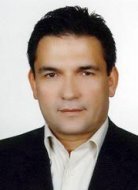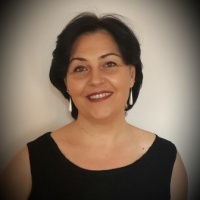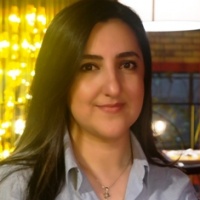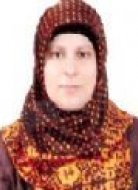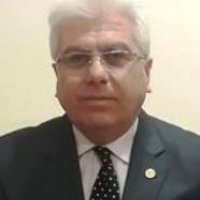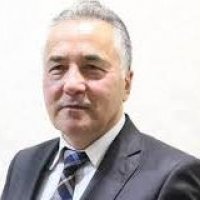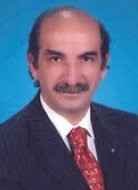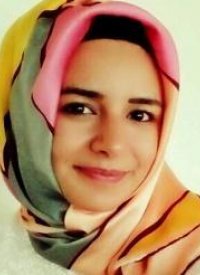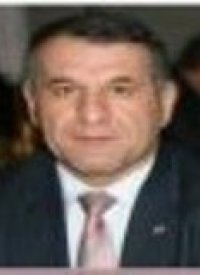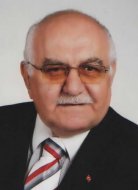Emrah Güler - Hürriyet Daily News / Ankara, July 27 () - “Have you ever wished to have a place to publish your complaint or your vision for your city? Have you ever found yourself having a good idea for your neighborhood but no one to address it to?” asks Istanbul’s new urban initiative, Nextistanbul, on its website, while offering to “give you the possibility to get active.”
Nextistanbul was inspired by the 2013 Gezi Park protests in Istanbul and is an initiative of Nexthamburg, a platform that has been collecting ideas and visions on the future of the city from the citizens of Hamburg and leading them to concrete projects since 2009.
The core team of Nextistanbul is made up of Elena Mozgovaya, an expert on strategic management, urban development and international cooperation, urban planner Melih Kös and Gözde Şarlak, an urban planner and academic in architecture. The founders of Nexthamburg, Julian Petrin and Johannes Bouchain, contribute to Nextistanbul on a project basis.
“Nextistanbul incorporates the active participation of citizens and experts into a more democratic urban development” said Şarlak. “Nextistanbul hopes to develop a grassroots democratic urban planning model in Istanbul and establish a working model for the use of technology in urban participation and where the future of the city is planned and shaped with the needs of the citizens.”
Nextistanbul was kick-started with support from the Sivil Düşün EU Programme, a civil society support program designed and launched by the Delegation of European Union to Turkey to answer the needs of civil society organizations and individual activists with its progressive, flexible and inclusive structure. The group, first, paid a study visit to Hamburg, for an exchange of ideas and to learn from their experience.
“Taking into account the crowdsourcing methods and models used in Hamburg and various other cities, a similar infrastructure was founded for Istanbul” said Şarlak. “The study visit facilitated for us to have a detailed account of how the crowdsourcing method works in Hamburg.”
Hopeful for the future
Nextistanbul’s website asks its visitors living in Istanbul to post places that needs preservation and change. A simple form is filled and the places, as well as a reservation and change map, are shared on the website. The places that require preservation and change are listed under categories like architecture, mobility, socio-cultural, green areas and public spaces.
Şarlak recalled Nextistanbul’s motto, “We, first, need to change the city in the minds of people” and added, “This is made possible only if we have the power to shape the places we live in, if we perceive it as our basic right. That’s where the responsibility of Nextistanbul begins. Our major motivation lies in discussing together the ideas and solutions for the present and the future of the city we live in, testing the feasibility of these ideas with experts, establishing a city governance model where tolerance and diversity are valued and to contribute to a more democratic urban living.”
Although aware of the bleak picture Turkey presents in urban transformation, Şarlak and the Nextistanbul team are hopeful of the future. “Turkey is going through a relentless transformation in a world increasingly defined by economic competition,” said Şarlak. “This, in turn, is creating an erosion in the definition of the public and where the public is left out of the decision-making mechanisms.”
“It is very important for rights-based work to flourish in order to build a strong civil society and establish an urban opposition,” she added. “While rights-based work is not seen as a priority in Turkey, the increasing use of technology has helped the emergence of a civil society sensitive to urban problems. There is a hopeful picture for the future, and, as Nextistanbul, we are excited to be part of this transformation.” Visit www.nextistanbul.org to be part of the change for the future of Istanbul.
(Photo)







